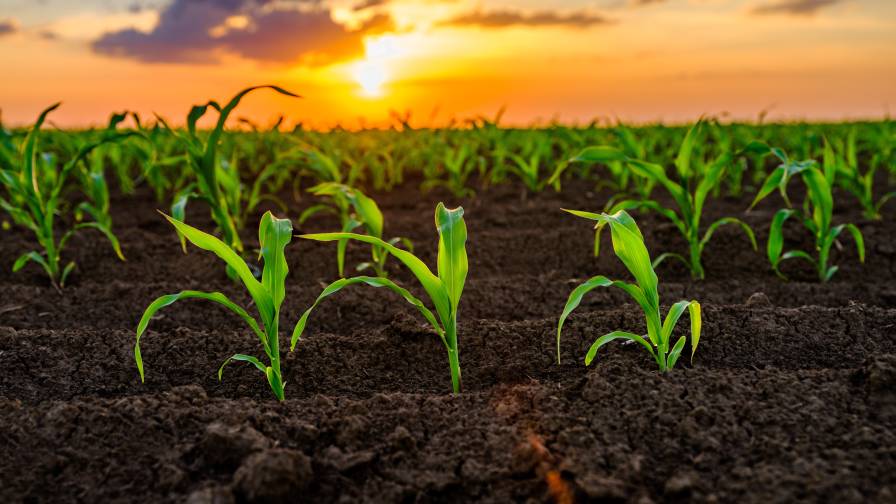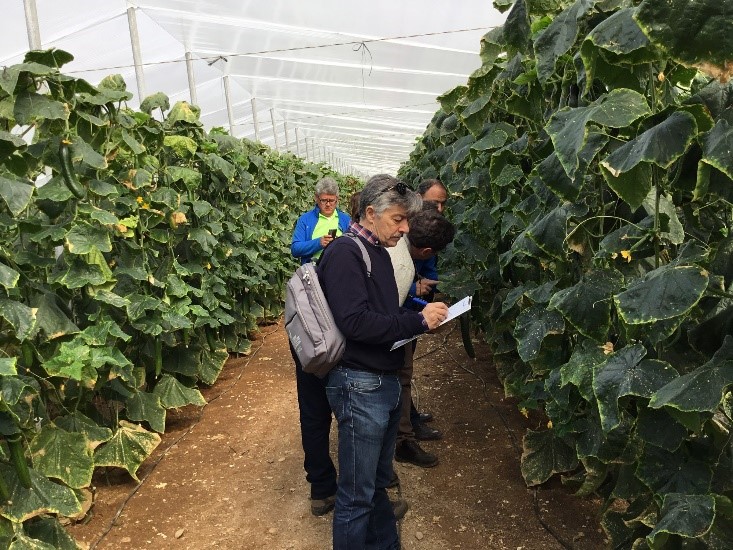Brazil Market Enjoys Record Agricultural Production
Brazil exports are anticipated to rise to more than $80 billion in 2011, a 32% increase from a previous record $62 billion in 2010, according to a recent report from the United States Department of Agriculture Foreign Agricultural Service (USDA FAS).
The forecast means exports from the South American nation will have increased by more than 400% in just a decade, helped by biotech seed and gains in planted area and yields. Over that same period, the US, Canada, the European Union and Australia all lost market share compared with a record gain by Brazil.
The Brazilian government projects crop area to expand from 62 million hectares in 2010/11 to 68 million hectares by 2020/21, with the highest growth in area for soybean and sugarcane, according to the FAS. Private sector estimates of potential available land for production range from 70 million to 100 million hectares.
Exports have rapidly risen due to significant yield growth, new area under cultivation and increased demand. Biotech seed adoption is a huge factor as well, accounting for 83% of the planted area, according to the report. Biotech corn was introduced five years ago, and now covers 65% of total area.
Yields have risen due to greater input usage, and fertilizer use is expected to reach record levels this year.
Forecasts indicate Brazil will outpace US production of many key commodities by 2020/21 including cotton, soybean, corn and wheat because of burgeoning yield gains.
The EU, China, Russia and the United States are the country’s largest product importers, accounting for about 83% of all exports, according to the FAS.
Brazil’s shipments made up 15.1% of China’s imports in 2010 versus 5.8% 10 years ago. Soybean and soybean oil make up 83% of China’s imports from Brazil.
The USDA FAS still cites challenges for Brazil in the short and long term. A strong domestic currency, poor agricultural transport logistics, environmental laws, laws governing foreign investment in land, and soaring domestic consumption are all obstacles to the country’s growth. However, the agency said Brazil still have significant opportunities for both area and yield expansion.





